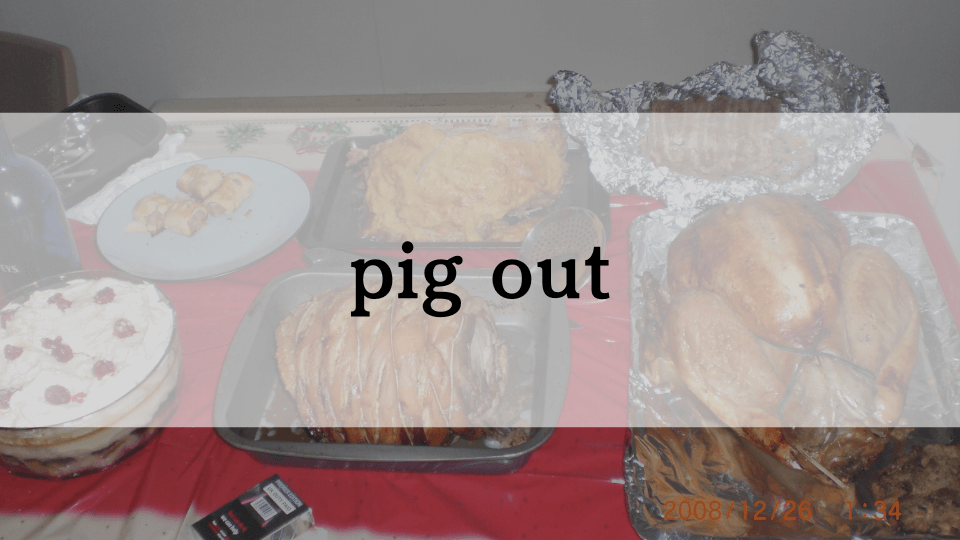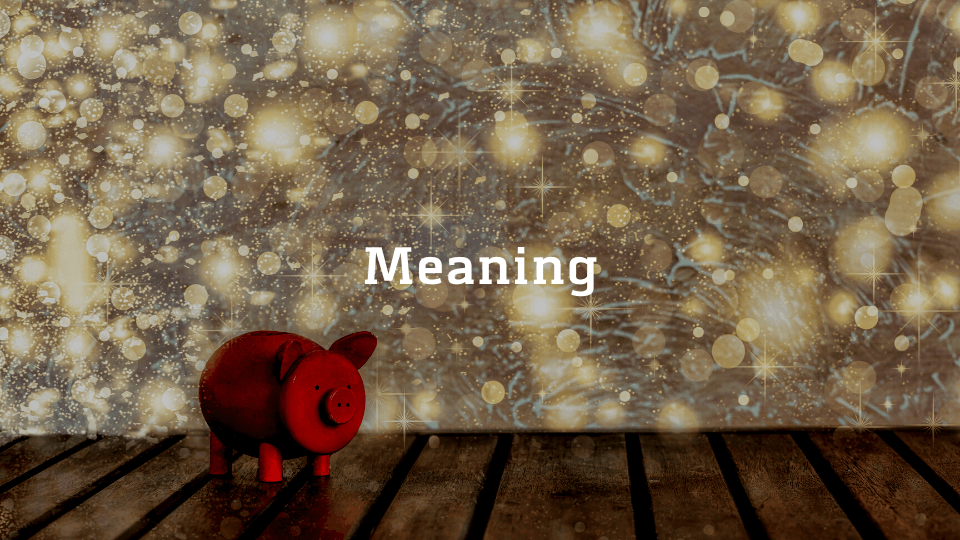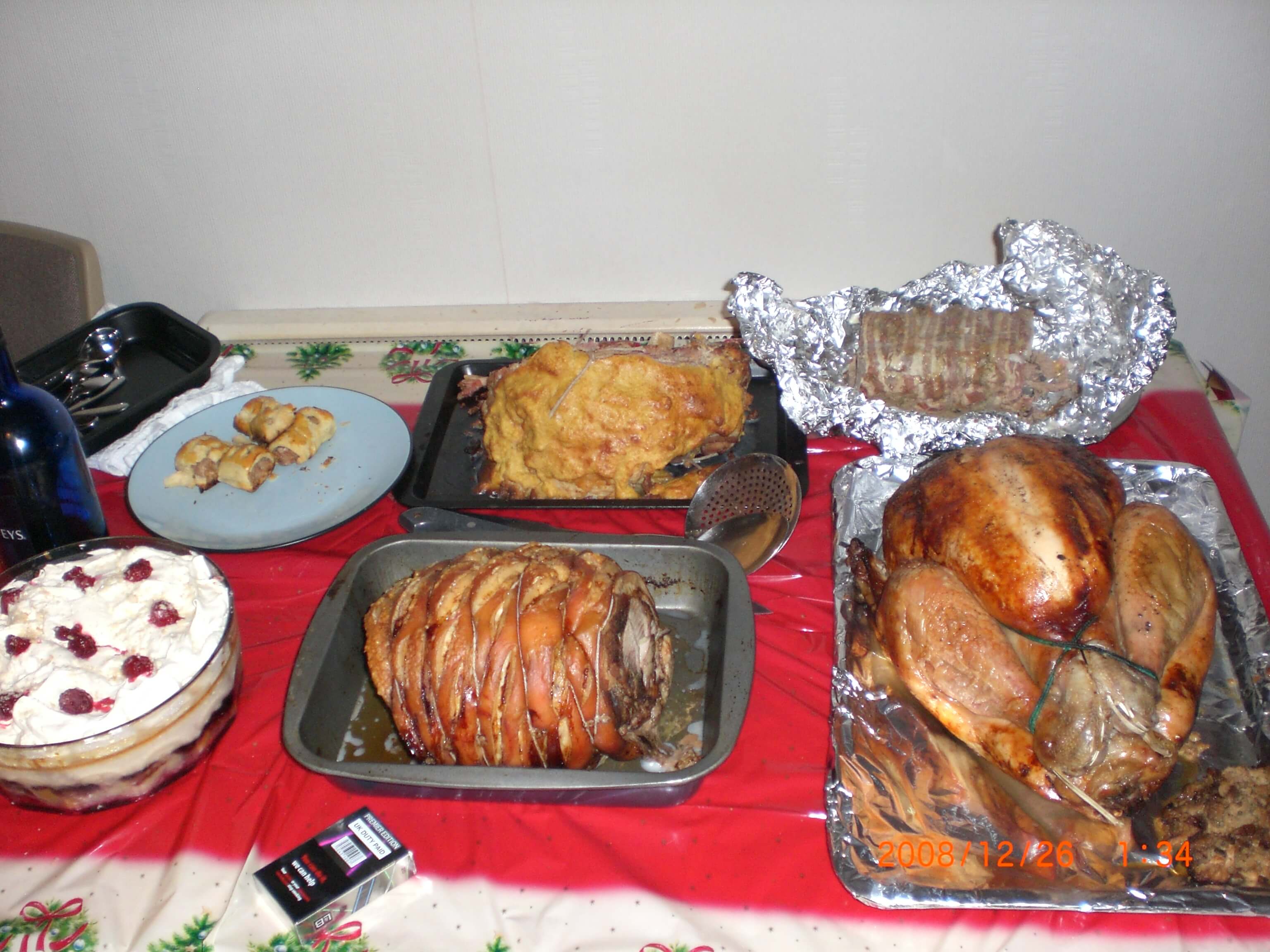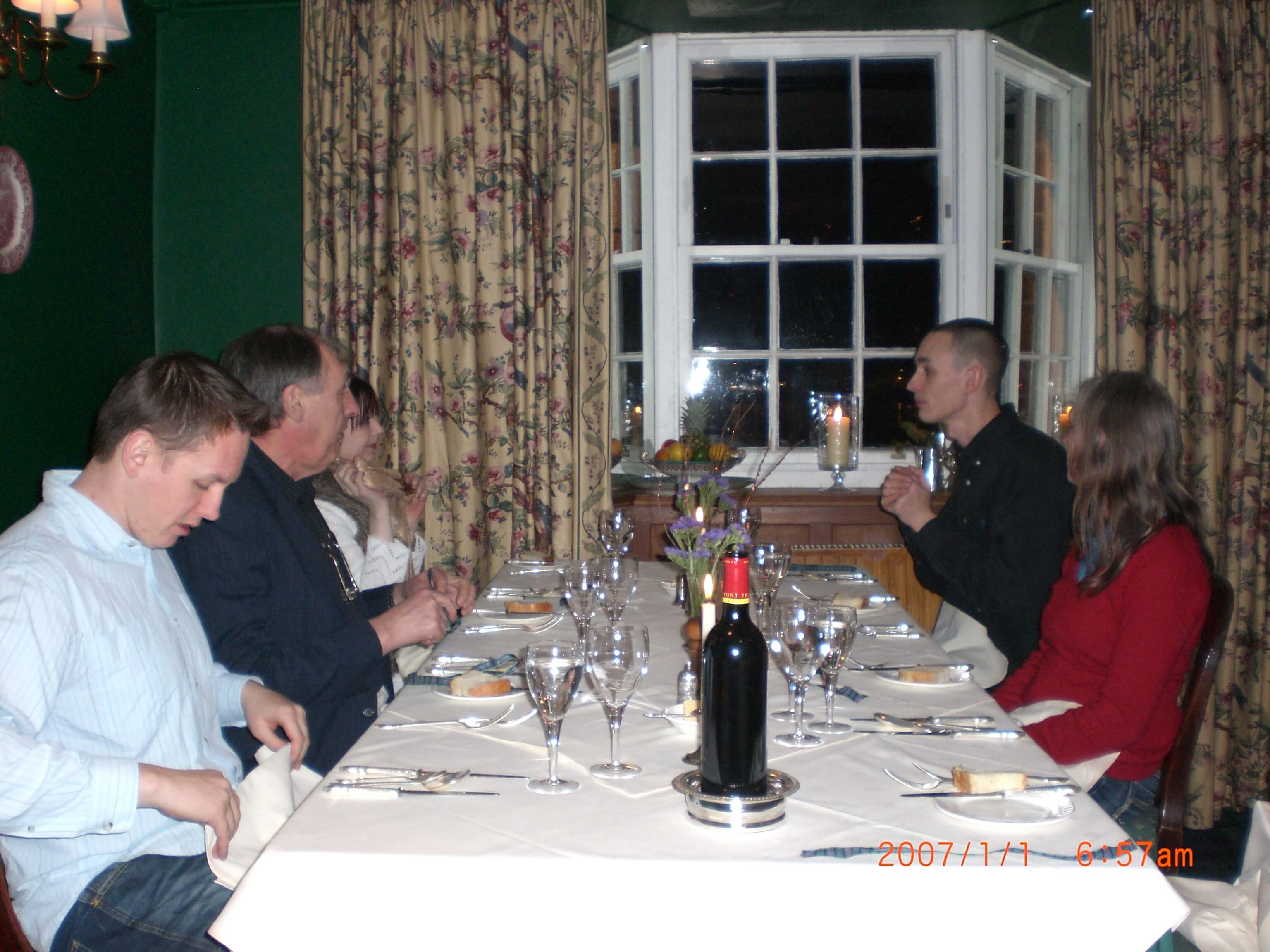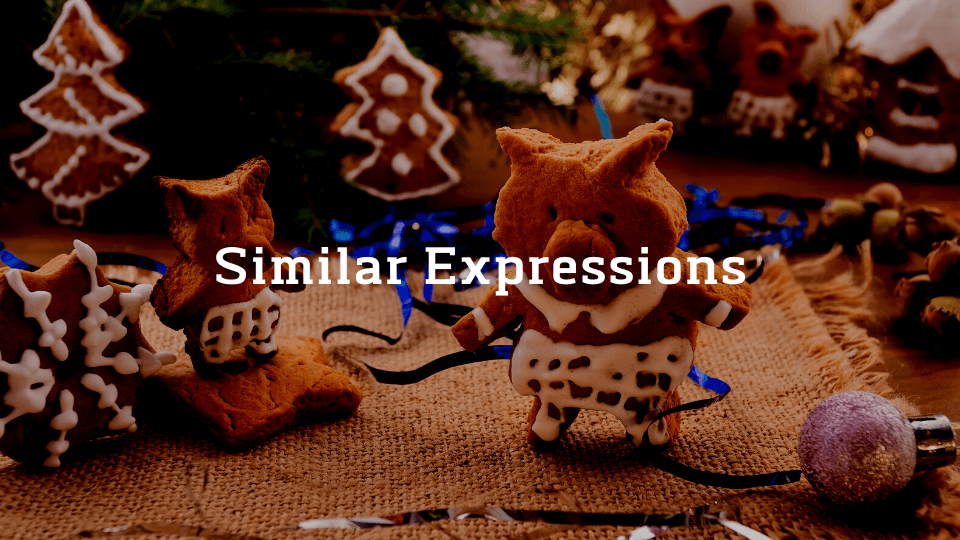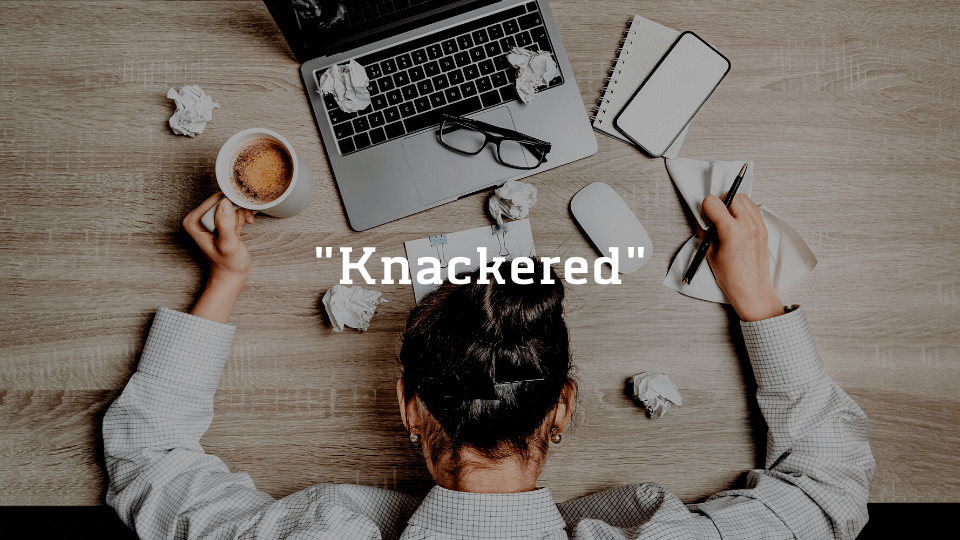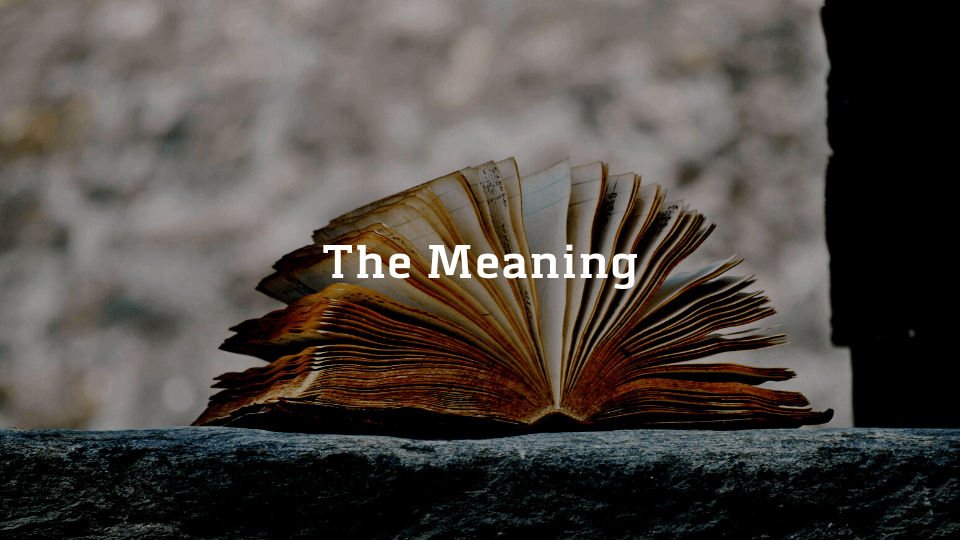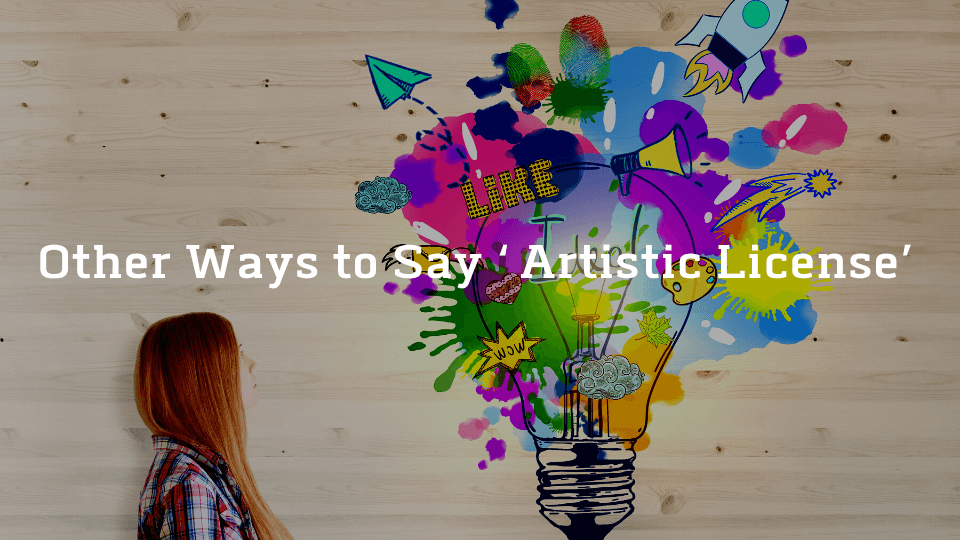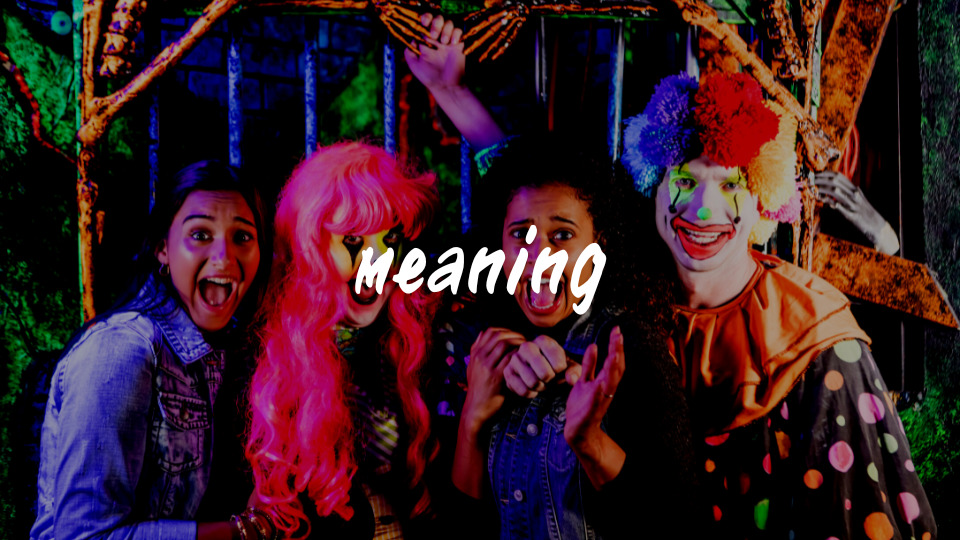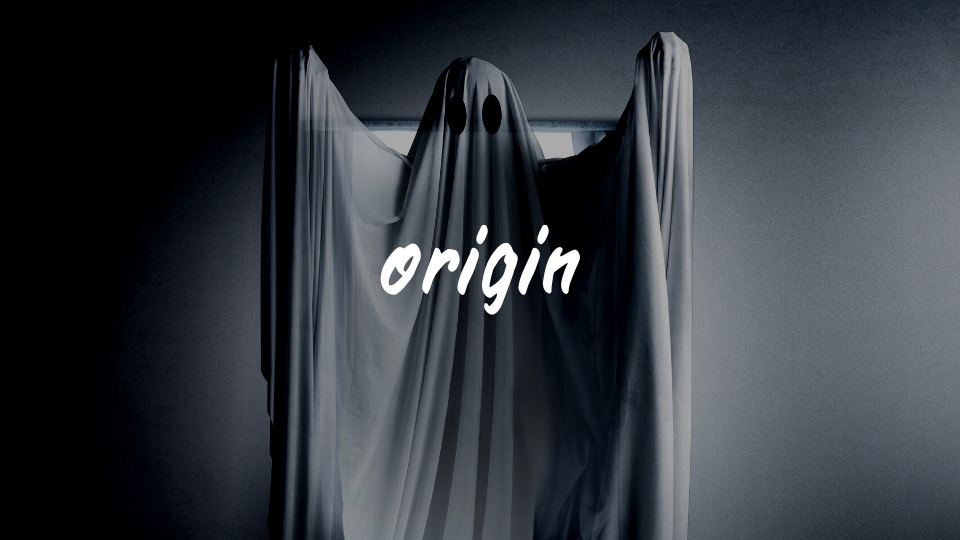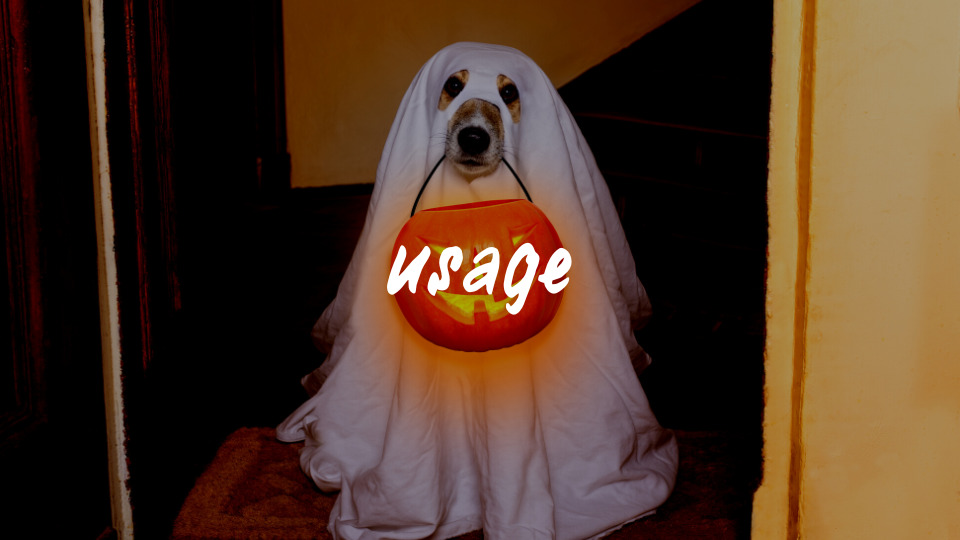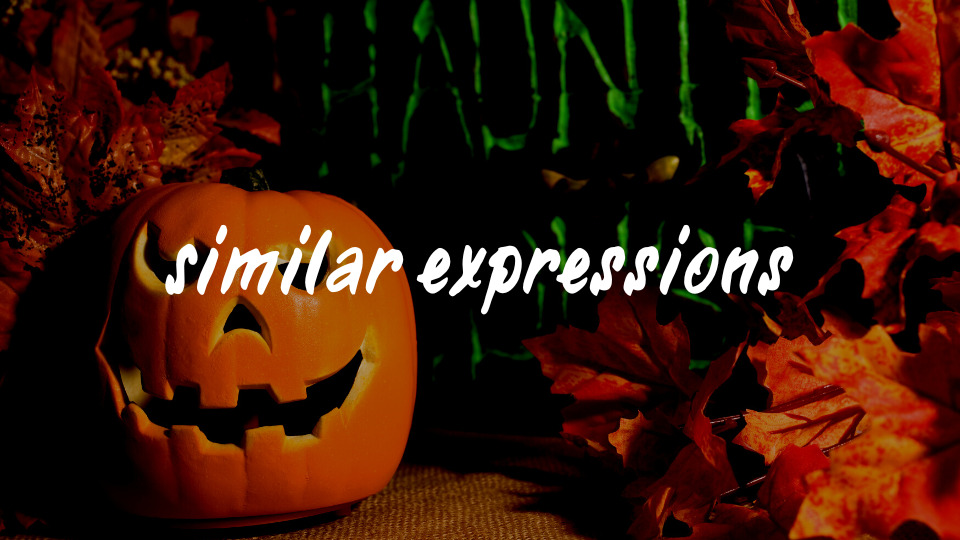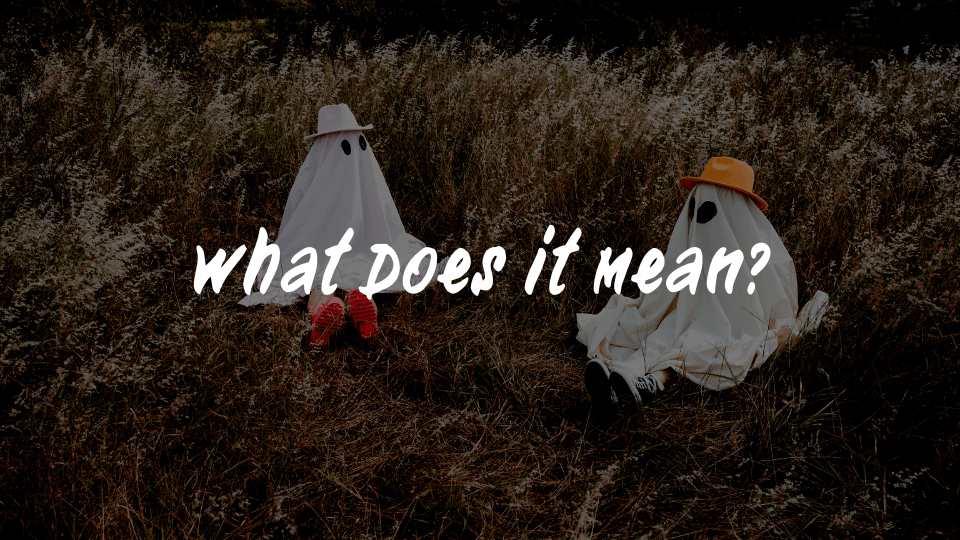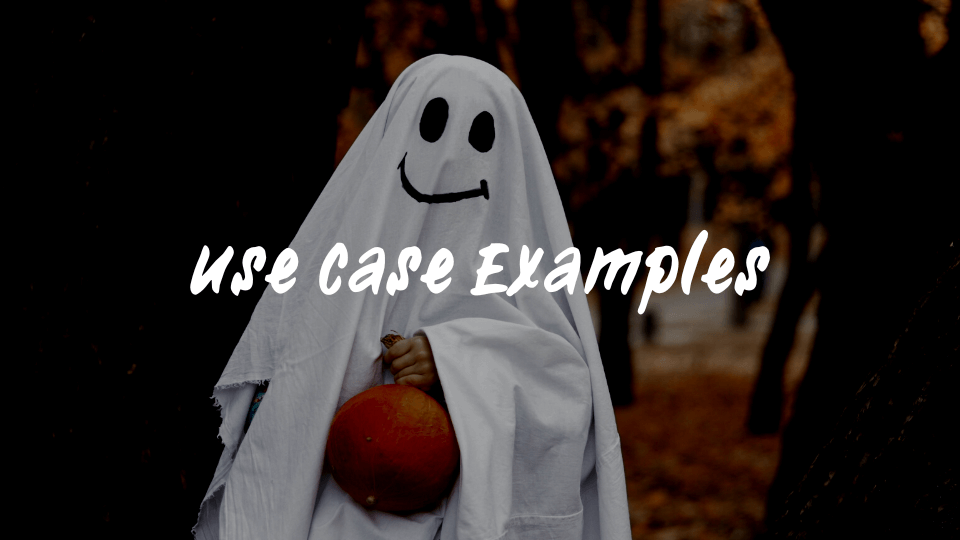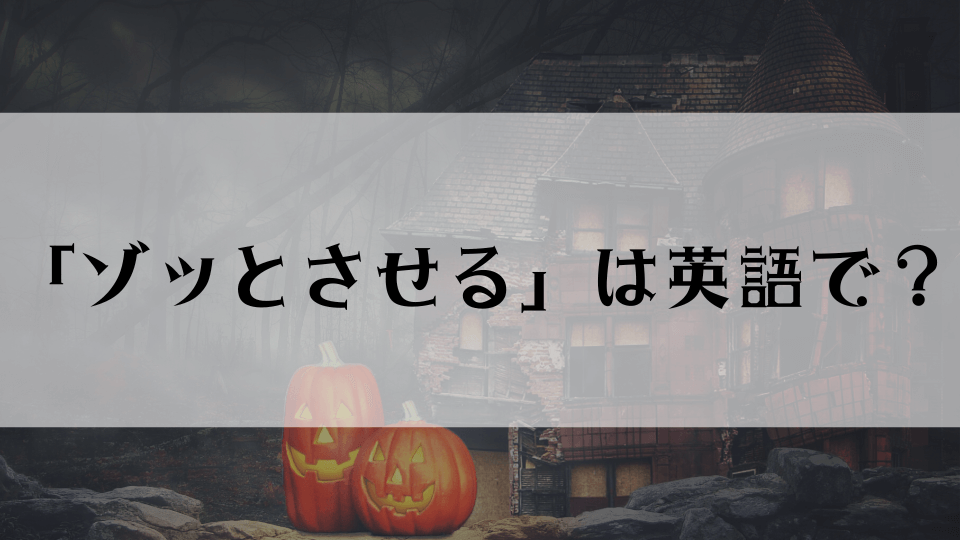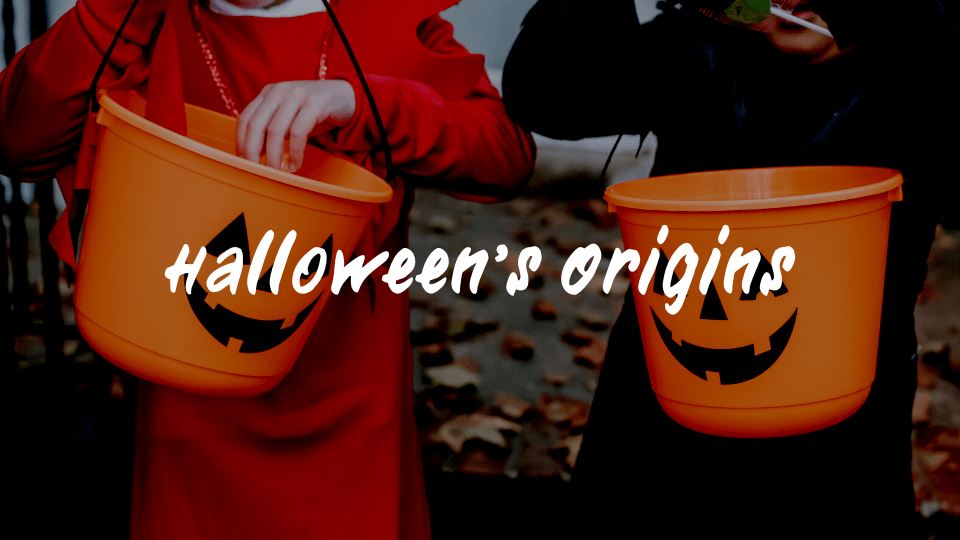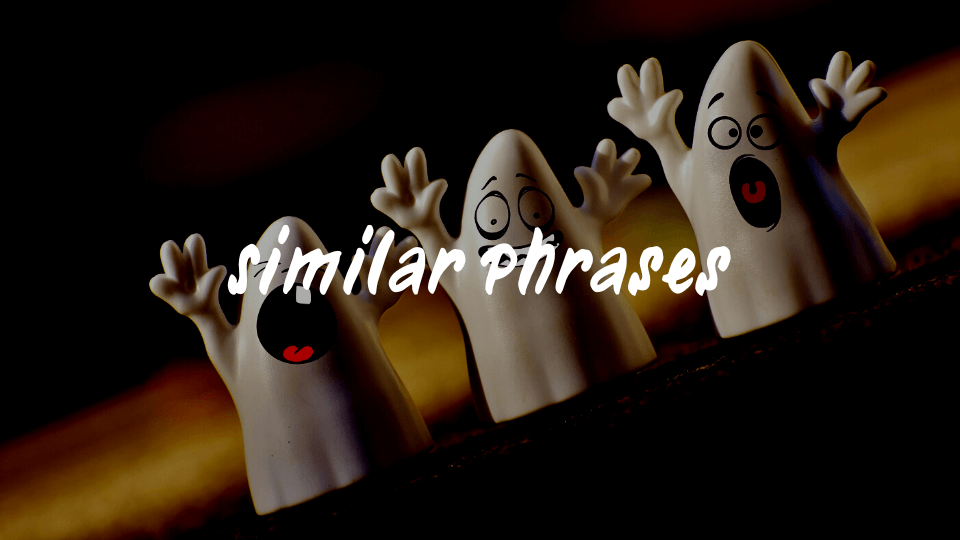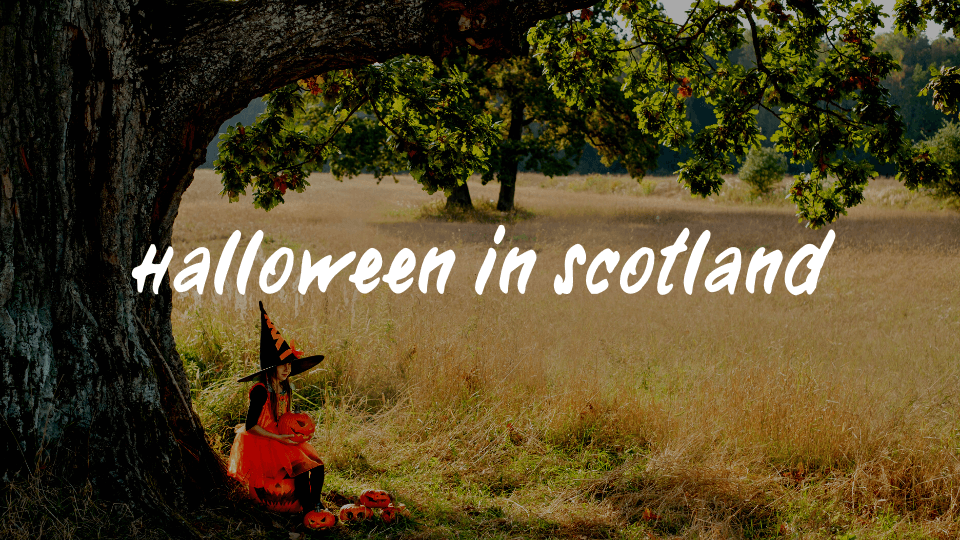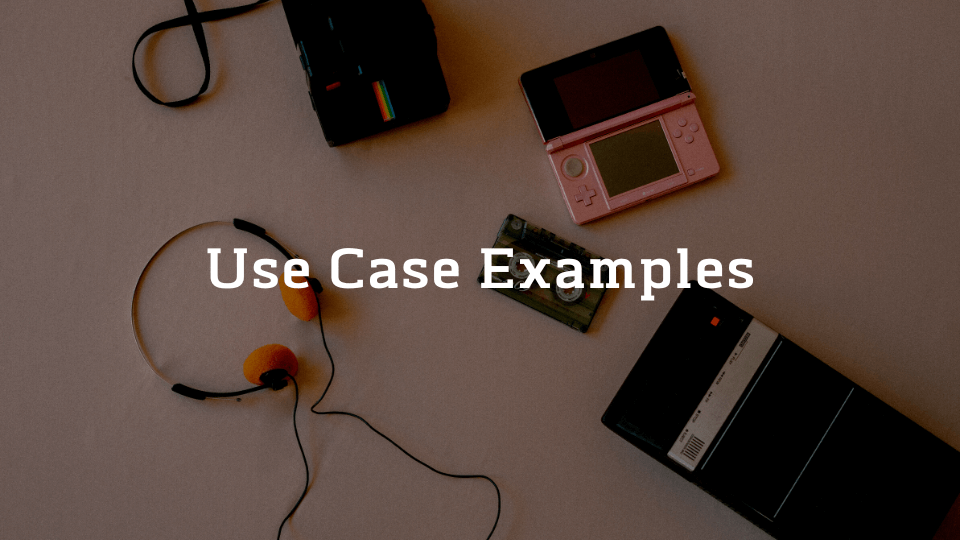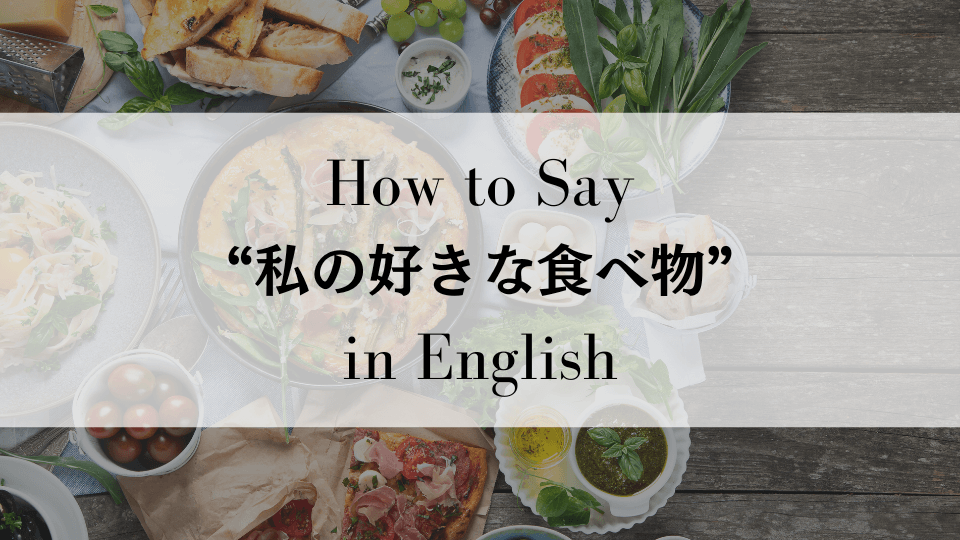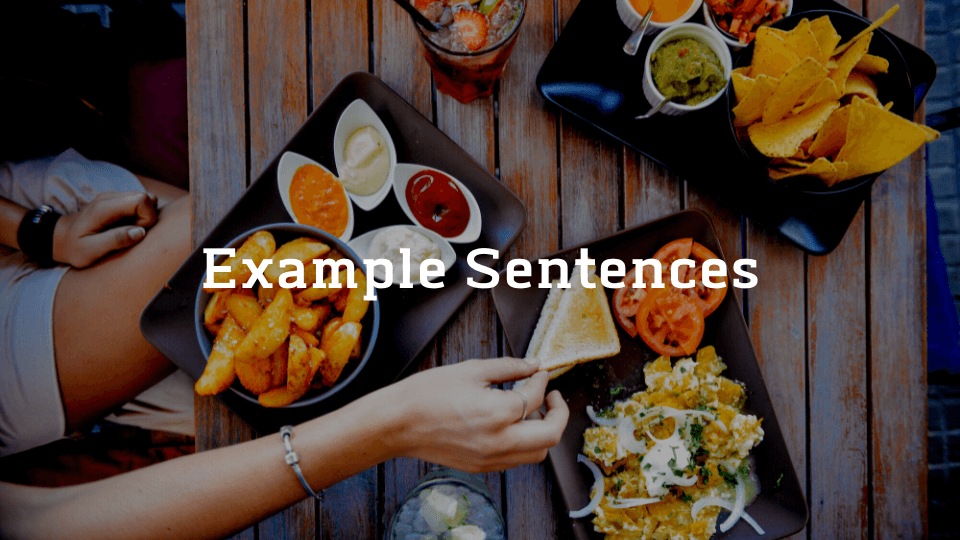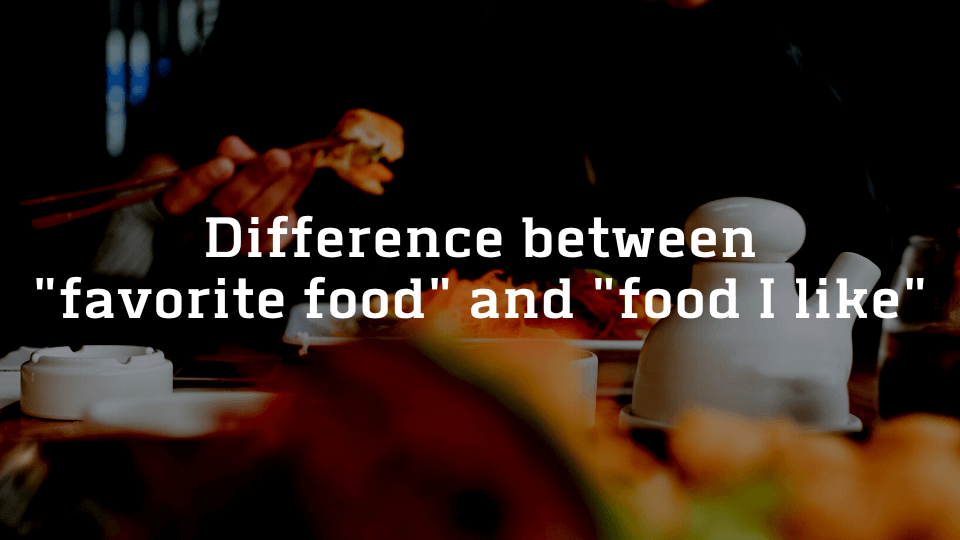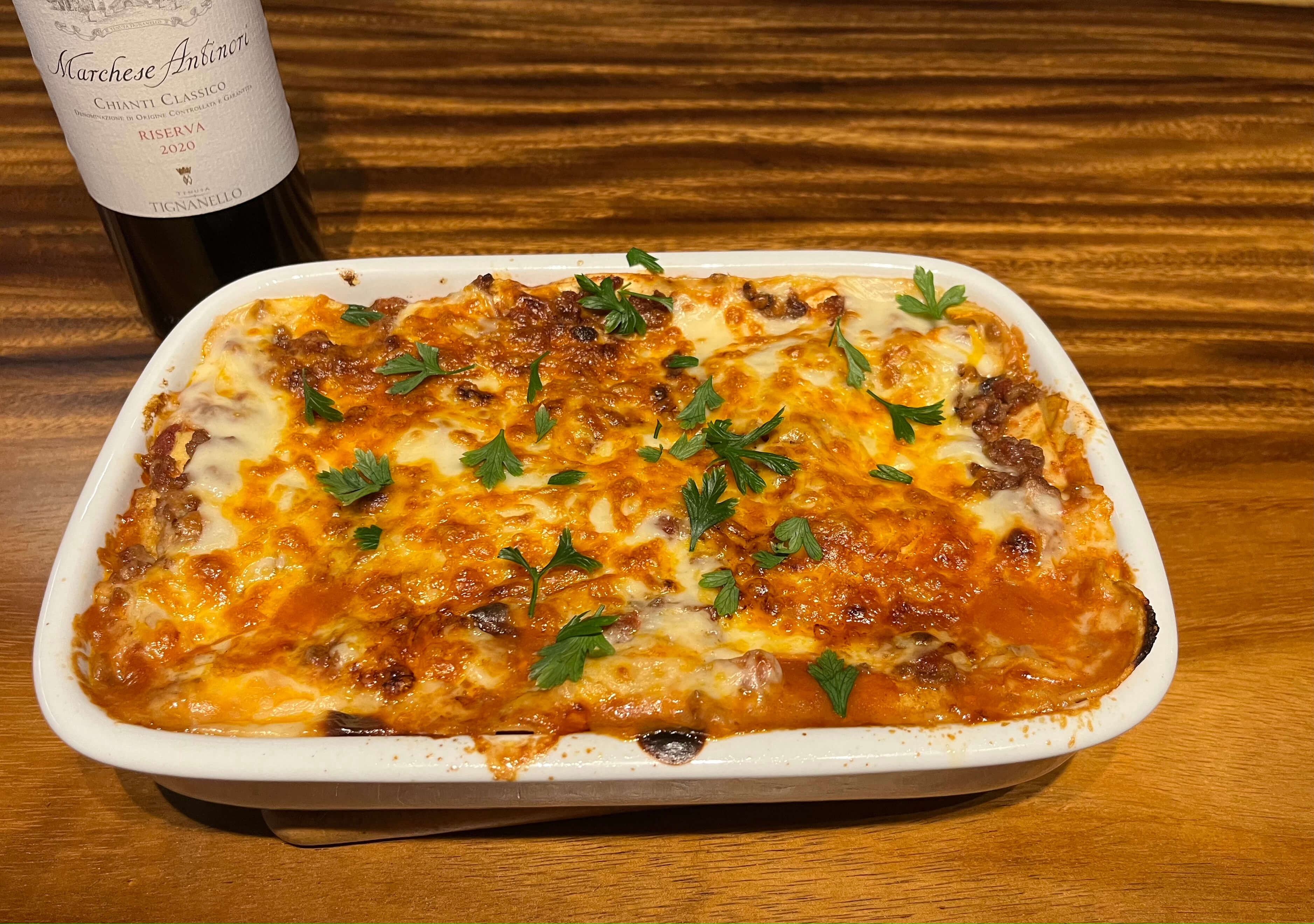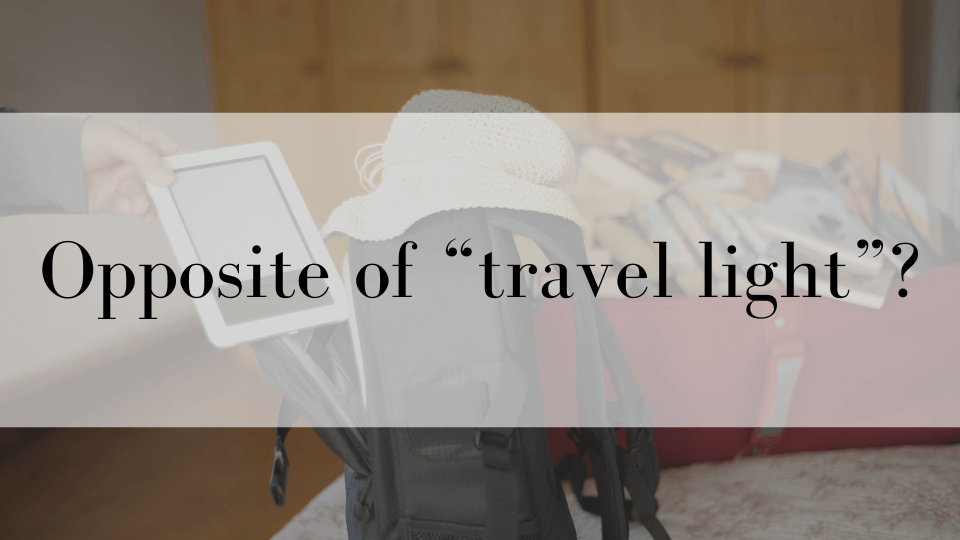【講師デニー】
今日のテーマはオーストラリアのクリスマスです。
オーストラリアでのクリスマスのことを「Christmas Down Under」と言います。
オーストラリアがある南半球は12月に夏になるため、世界中の他の地域のクリスマスとはかなり異なります。
また、家のイルミネーション、バーベキュー、おかしなスラングなど、文化的にも大きく異なるため、今日のブログでそれを探ってみましょう。
Aussieのクリスマスのスラング
「Aussie」とは、「Australian (オーストラリア人、オーストラリアの)」を表すスラングです。
また、「Christmas (クリスマス)」をオーストラリアのスラングで「Chrissie」と言います。
オーストラリアはクリスマスを中心に、外国人に混乱を招くようなスラングをよく使います。
たとえば、このようなスラングを使います。
多くの「Aussies」は「Chrissie」に「barbie」をしたり、「cold one」を飲んで「cozzies」で「dip」に行くのが好きです。
何を言っているか理解できましたか?
おそらく理解できなかったでしょう。
単語の意味はこちらです。
- ⚫︎ Barbie = barbecue
- ⚫︎ Chrissie = Christmas
- ⚫︎ Cold one = cold beer
- ⚫︎ Dip = swim
- ⚫︎ Cozzies = swimming underwear
したがって、翻訳すると次のようになります。
「オーストラリア人はクリスマスにバーベキューをしたり、冷たいビールを飲んで水着で泳ぎに行くのが好きです。」
他にもたくさんのスラングがありますが、それらを紹介するとブログが長くなりすぎるので、今回はここまで。
オーストラリアのクリスマスイルミネーションとキャロル
オーストラリアでは、特に裕福な地域ではクリスマスにたくさんのイルミネーションが飾られます。
人々はこれらの地区を歩き回り、細部までこだわってデザインされたイルミネーションが施された家々を見て回ります。
時にはどの家が最も素晴らしいか審査することもあります。
最高のイルミネーションには賞が贈られることもあります。とても素敵です。
(オーストラリアのクリスマスが映されたYouTube動画)
また、他にもクリスマスイブに人気のあるイベントのひとつに「Carols by Candlelight」があります。
これは国立公園やスタジアムで開催されるコンサートで、多くの有名なオーストラリアの歌手たちがキャンドルを持った観客とともに有名なクリスマスキャロルを歌います。
多くの家族がこのイベントに参加し、テレビでも生中継されるため、クリスマスムードを高めてくれます。
私のオーストラリアのクリスマスの思い出
オーストラリアにはしばらく帰ってないのですが、オーストラリアでのクリスマスの良い思い出は、子どもの頃に「Carols by Candlelight」を見ていたことです。ほぼ毎年、家族とテレビで見ていました。
クリスマスの日はたくさんのプレゼントを開け、親戚が家に来てプレゼント交換をし、その後はビーチか自宅のバルコニーでバーベキューをしました。
クリスマスは通常とても晴れていて暑いため、全体的に素晴らしい時間です。
いつかオーストラリアのクリスマスを体験することをおすすめします。
ただし、非常に暑くなるので日焼け止めは忘れずに。
実践的な英語ならケンジントン英会話
ケンジントン英会話では、教科書には載っていない、生きた表現を身に付けられます。
福岡市内の教室やオンラインで、経験豊富でフレンドリーな講師と一緒に英語を学びませんか?
実践的な英語を学びたい方はケンジントン英会話の公式サイトをチェック!
[英語原文]
Chrissie “Down Under”
Today’s topic is about “Christmas Down Under”, which is a term to refer to Christmas in Australia, which is quite different from the rest of the world due to the southern hemisphere being in summer in December. It’s also culturally very different with lots of things like housing illuminations, barbecues and strange slang, so let’s explore that in today’s blog.
Aussie Chrissie Slang
If you’re not sure what “Aussie” means, it’s a shortened form for “Australian”, and “Chrissie” refers to “Christmas”.
In fact, Aussies tend to have a lot of slang that can be confusing for people coming into the country, especially around Christmas. A lot of Aussies, for example, like to have a barbie during Chrissie while opening a cold one and going for a dip with their cozzies.
Did you understand that sentence at all? Probably not, but to give some idea of what some of those words mean:
- – Barbie = barbecue
- – Chrissie = Christmas
- – Cold one = cold beer
- – Dip = swim
- – Cozzies = swimming underwear
So, to give a normal English translation:
“Australians like to have a barbecue for Christmas as well as drinking cold beer and going for a swim in their swimsuits”.
There are many more slang terms, but that’ll make the blog very long.
Illuminations and Carols
Australia tends to have a lot of illuminations during Christmas, particularly in wealthy neighbourhoods. People would walk around these neighbourhoods, looking at all the meticulously designed illuminated houses and also sometimes “judge” which ones are the best. The best illuminations get prizes sometimes. It’s really cool.
Best Christmas Light Display in Australia 2021
Another popular event on Christmas eve is “Carols by Candlelight”. It’s a kind of concert held in a national park or stadium where many famous Aussie singers go to sing famous Christmas carols with crowds sitting by with candles. A lot of families tend to go to this event and it’s also live on TV, so it really sets the mood for Christmas.
Memories of Aussie Chrissie
While I haven’t been to Australia in a long time, I have fond memories of Carols by Candlelight as a child. I used to watch it on TV with my family almost every year, and on Christmas day I would open a lot of presents, have my extended family visit us and exchange gifts, then we’d have a barbecue, either at the beach or at home on the balcony.
Christmas is also usually very sunny and hot, so it’s a nice time all round. I highly recommend Australian Christmas sometime, it’s very nice, but be sure to wear sunscreen as it gets REALLY hot.
~*~*~*~ \ Follow me / ~*~*~*~
Instagram : @kensington_eikaiwa
Twitter : @Kensington_Eng
Facebook : @kensingtoneikaiwa
YouTube : KENSINGTON英会話
~*~*~*~*~*~*~*~*~*~*~*~*~*
◆お問い合わせはこちら
ケンジントン英会話:お問い合わせフォーム













